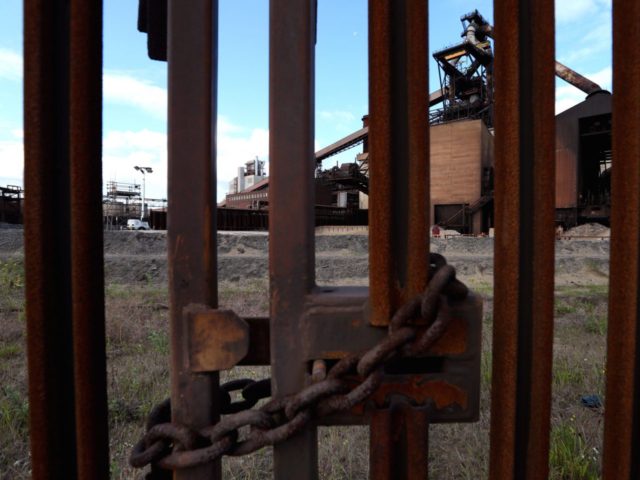Although Nigel Farage, leader of the UK Independence Party (IKIP), said after the Brexit, “The euroskeptic genie is out of the bottle and it will now not be put back… EU’s dead,” he also offered the European Parliament a “sensible tariff free deal” on Tuesday that, he said, would be good for EU residents.
After two rough trading days on stock markets around the world, every global stock markets opened higher on June 28, as it is becoming clear that the British revolt against the EU was not a revolt against world trade.
In the hours following the June 23 Brexit vote, the pro-EU establishment demanded that the United Kingdom pay a punitive economic price for having the audacity to threaten the EU’s viability. According to EU President Martin Schulz: “The British have violated the rules. It is not the EU philosophy that the crowd can decide its fate.”
Boos and jeers welcomed Farage’s Tuesday speech, on the first meeting of the European Parliament in Brussels since the Brexit. He reminded representatives from the 28 member states that although they had once laughed at his quest for the UK to leave the EU for a decade, “You’re not laughing now, are you!”
He added: “The reason you’re so upset, the reason you’re so angry, the reason you’re not laughing is simple — you as a political project are in denial.”
Farage went on to offer a positive new trade relationship:
But if we moved to a position that tariffs were reintroduced on products like motor cars, then hundreds of thousands of German workers would risk losing their jobs.
So why don’t we just be pragmatic, grown-up, sensible, realistic, and let’s cut between us a sensible tariff free deal. And thereafter, recognize that the United Kingdom will be your friend. That we will trade with you, we will cooperate with you, and we will be your best friends in the world.
Europe and the United Kingdom had already created a tariff-free-trade-zone across the western continent by the 1980s, through the European Economic Community and the European Trade Association. The EU was created in 1993, shortly after the collapse of the Soviet Union, to pursue wider influence as an economic, diplomatic, and quasi-political bloc.
The continued expansion of the EU to include the Central European nations in 2004, and the effort to recruit Russia’s historic rivals, Turkey and the Ukraine, offered no trade advantages for EU citizens — but cause for Russia to feel threatened, or at least claim that it was.
Mikhail Gorbachev, the last leader of the Soviet Union, famously said in 2007, on the eve of the bankruptcy of Lehman Brothers and the Great Recession: “The most puzzling development in politics during the last decade is the apparent determination of Western European leaders to re-create the Soviet Union in Western Europe.”
The EU elites’ self-serving mantra about the “inevitability” of the free movement of capital, people and goods to produce trickle-down economic benefits for workers is really just a clever spin on Karl Marx’s fraudulent claims in the Communist Manifesto that the bourgeoisie’s “fall and the victory of the proletariat are equally inevitable” to ushering in a “Workers’ Paradise.”

COMMENTS
Please let us know if you're having issues with commenting.